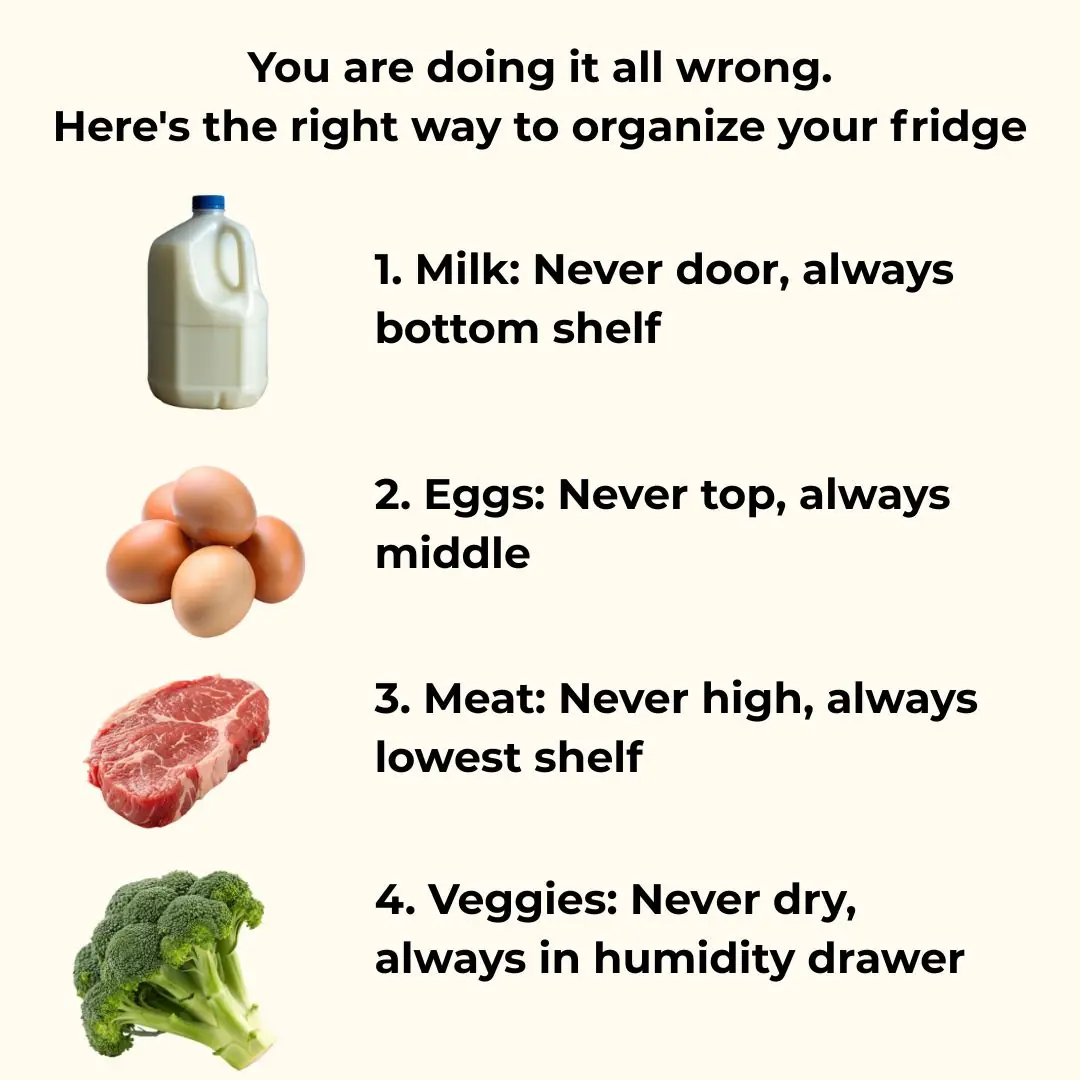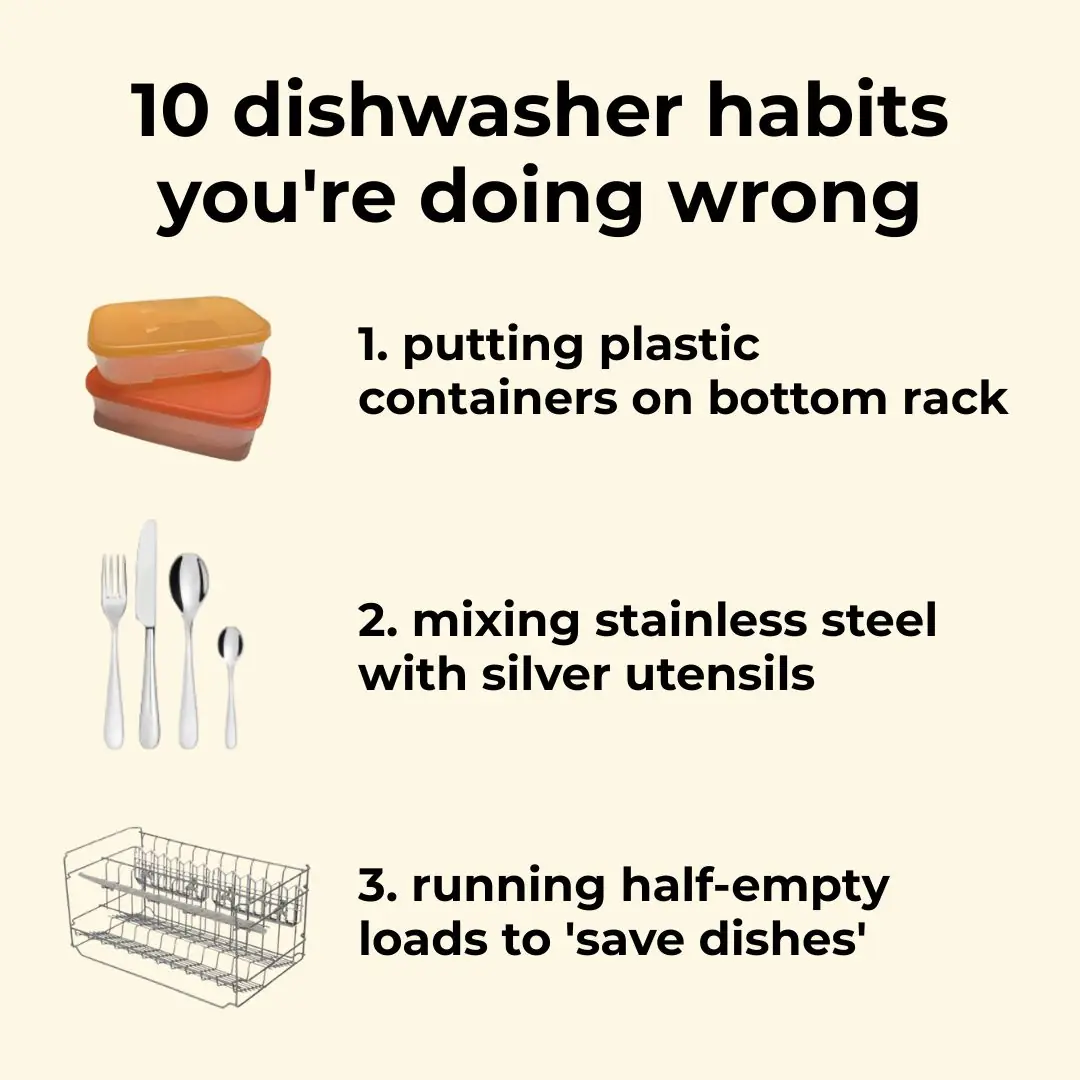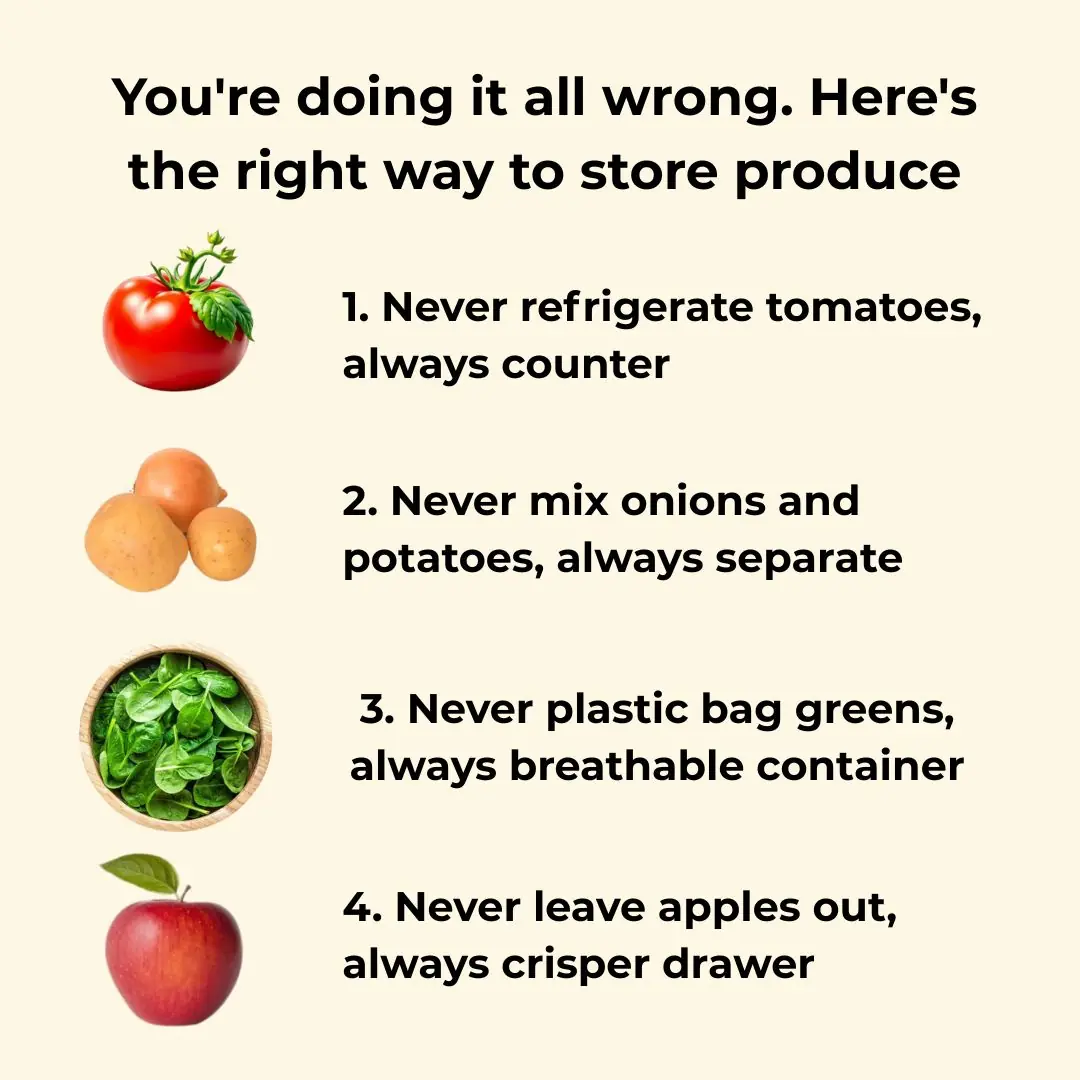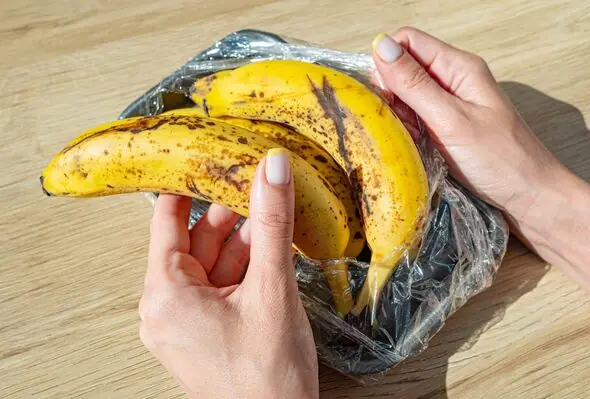
Refrigerator: Do it this way, it will stay fresh for a month, no blackening or spoilage
How to Properly Store Bananas in the Refrigerator
You can store bananas in the refrigerator — but only if you do it correctly. Otherwise, they can spoil quickly, lose nutrients, and turn black. Let’s explore the right methods and some useful tips to keep your bananas fresh and tasty for longer.

Should You Keep Bananas in the Refrigerator?
Bananas are rich in vitamins, minerals, and natural sugars that provide quick energy for the body. Because they’re affordable and widely available, many people tend to buy them in bulk and store them in the fridge for convenience.
However, according to nutrition experts, this isn’t always a good idea.
At refrigerator temperatures (around 4–8°C / 39–46°F), bananas are sensitive to the cold. The peel tends to darken, and the fruit’s texture and flavor can change due to the breakdown of cell walls. Over time, this can lead to nutrient loss and a mushy, unpleasant texture.
Still, there are safe ways to refrigerate bananas — if you follow the right methods.
How to Store Bananas in the Refrigerator
1. Using Ziplock Bags
Step 1:
Separate the bananas from the bunch. Wrap each one tightly in plastic wrap or cling film, then place them into a Ziplock bag and seal it carefully to minimize air exposure.
Step 2:
Put the bag into the refrigerator’s cooling compartment (around 3°C / 37°F). This method helps preserve bananas for 3–4 days without major discoloration or loss of flavor.
Pro tip: If you want to extend freshness further, add a paper towel inside the bag to absorb excess moisture.
2. Using Plastic Wrap Only
This method is similar to the first one. Separate the bananas and wrap each piece tightly in cling film. Store them in the fridge at about 3°C.
With this method, ripe bananas can stay fresh for up to a week.
To maintain the best taste, avoid opening and rewrapping frequently, as changes in humidity can speed up spoilage.
3. Freezing Bananas (For Long-Term Storage)
If you want to store bananas for a longer time — especially for smoothies or baking — freezing them is ideal.
Step 1:
Peel the bananas and slice them into even rounds.
Step 2:
Line a tray with parchment paper, place the slices in a single layer (don’t let them touch), and cover with another sheet of paper.
Step 3:
Freeze the tray for about 2 hours, then transfer the frozen slices into an airtight container or Ziplock bag.
This prevents the slices from sticking together and keeps them easy to use later.
If you prefer to freeze whole bananas with the peel, that’s fine too — but expect the peel to turn dark. The fruit inside, however, remains perfectly edible and sweet.
Should You Freeze Ripe Bananas?
Freezing ripe bananas can slow down the ripening process and prevent waste. It’s a great way to keep bananas for smoothies, banana bread, or desserts.
However, avoid doing it too often. Over time, freezing can affect the banana’s natural sweetness and reduce its nutritional value slightly.
Tips to Keep Bananas Fresh for Longer
Let Them Ripen at Room Temperature
If your bananas are still green, keep them at room temperature and away from direct sunlight or heat sources. Storing green bananas in the fridge will make them turn black before they ripen properly.
Brush Banana Slices with Lemon Juice
When you need to store peeled or sliced bananas, lightly brush them with lemon juice. The citric acid helps prevent oxidation and browning.
If you find lemon too sour, try using orange juice, apple juice, or crushed vitamin C tablets as alternatives.
Hang Bananas on a Hook
Hanging bananas prevents bruising and allows air to circulate freely around the fruit. You can also wrap the banana stems in plastic wrap to reduce oxygen exposure — this can help them last up to a week longer.
Keep Bananas Away from Other Fruits and Vegetables
Ripe fruits release ethylene gas, which speeds up ripening. To prevent bananas from overripening, store them separately from apples, tomatoes, and avocados.
Avoid sealing them in airtight bags — bananas need a bit of airflow to stay fresh.
Who Should Avoid Eating Bananas?
People with Type 2 Diabetes
Bananas contain natural sugars that can raise blood glucose levels. People with diabetes should avoid overripe bananas or eat them in moderation, preferably with foods rich in fiber or protein to slow sugar absorption.
Those with Kidney Problems
Bananas are high in potassium, which can be harmful for people with kidney disease or nephritis. Excess potassium may cause irregular heartbeat, nausea, or fatigue.
Individuals Prone to Headaches
Bananas contain tyramine and phenylethylamine, compounds that can constrict blood vessels. For people sensitive to migraines, eating bananas might worsen headaches rather than relieve them.
Heart Patients Taking Beta-Blockers
Those who take beta-blockers for heart conditions should be cautious. These medications can increase potassium levels, and eating too many bananas could lead to hyperkalemia, a condition that affects heart rhythm.
Final Thoughts
Bananas are an amazing source of energy, fiber, and essential nutrients. Storing them properly ensures you can enjoy their sweetness and health benefits longer.
Whether you refrigerate or freeze them, the key is to minimize moisture and air exposure. And remember: sometimes, the simplest way — keeping them at room temperature and letting them ripen naturally — is still the best.
News in the same category


Here's how to open a can in an emergency (this is so simple!)

When buying avocado, don't be greedy for big fruit or you'll "waste money", choose this point to get the most delicious and supple one.

98% of people don't know what the hole in a safety pin is for

What are the health benefits of mackerel? How to cook mackerel to make it rich and delicious

Boiled chicken often has red bones: Do this extra step to make the chicken delicious, not have cracked skin, and remove all bad odors.

Put a branch of ginger under your pillow before going to bed: A good tip both men and women need, not knowing is a waste

How to remove odors and dirt from electric kettles very simply: If you don't know, it's a waste

Tips to keep garlic from turning green after soaking in vinegar. It can be kept for a whole month and still be white, crispy, and not soggy.

You are doing it all wrong. Here’s the right way to use your slow cooker

You are doing it all wrong. Here’s the right way to clean your microwave

10 genius tricks to revive your garden patio

You are doing it all wrong. Here’s the right way to wash towels

You are doing it all wrong. Here’s the right way to store wrapping paper

You are doing it all wrong. Here’s the right way to organize your fridge

10 dishwasher habits you’re doing wrong

You’re doing it all wrong. Here’s the right way to store produce

When you eat a banana with spots that is turning brown, here's what happens to your body

My toenail turned thick and yellow. Clinic can’t see me anytime soon. What is this?
News Post

DIY Natural Collagen Powder for Glowing, Youthful Skin

7 Heart-Healing Foods Your Cardiologist Won’t Tell You About

Say Goodbye to Joint and Bone Pain Naturally with This Ancient Herbal Remedy

Do you belong to these 4 types of people? You should know now.

Don't throw away rotten tomatoes, the rottener the tomatoes, the more useful they are if you know these uses

Here's how to open a can in an emergency (this is so simple!)

When buying avocado, don't be greedy for big fruit or you'll "waste money", choose this point to get the most delicious and supple one.

98% of people don't know what the hole in a safety pin is for

What are the health benefits of mackerel? How to cook mackerel to make it rich and delicious

Boiled chicken often has red bones: Do this extra step to make the chicken delicious, not have cracked skin, and remove all bad odors.

The Hidden Meanings Behind Men Wearing Earring

Put a branch of ginger under your pillow before going to bed: A good tip both men and women need, not knowing is a waste

What Happens If You Consume Raw Garlic Daily

Take a Glass of This and Your Liver Will Be Renewed!

How to remove odors and dirt from electric kettles very simply: If you don't know, it's a waste

Tips to keep garlic from turning green after soaking in vinegar. It can be kept for a whole month and still be white, crispy, and not soggy.

You are doing it all wrong. Here’s the right way to use your slow cooker

You are doing it all wrong. Here’s the right way to clean your microwave
